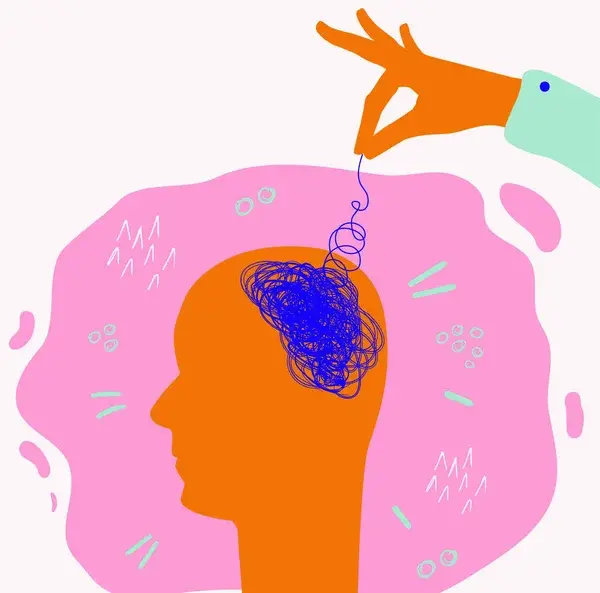ARTIFICIAL INTELLIGENCE IN THE HEALTHCARE SECTOR: AN INNOVATION BOON OR BANE FOR HUMANITY?
- Tanya Wahi
- Dec 21, 2023
- 2 min read
Artificial intelligence is rapidly entering the healthcare sector and serving major roles: From automating drudgery and routine tasks in medical practice to managing patients and medical resources, AI has covered it all with its dynamic functioning and adaptability. But like any technology at the peak of its hype curve, artificial intelligence faces criticism from its sceptics alongside enthusiasm from a group of people.
POTENTIAL BENEFITS
Less invasive surgeries: Nowadays, AI is being used to perform many complicated surgeries like those involving nerves, hip, and knee replacement, etc.
Ability to analyze data and improve diagnosis: When it comes to medical records and other healthcare-related data, AI technology can analyze it much faster and often more accurately than humans. This can help medical professionals reach a diagnosis much more quickly.
Research Ability: Besides Providing real-time data, AI can be used for integrating other sources of information based on research, that can be useful for analysing diseases. The information gathered within the hospital can also become a part of the bigger pool of advanced research for further studies on any disease.
POSSIBLE DRAWBACKS
Distributional shift: A mismatch in data due to a change in the environment or circumstance can result in erroneous predictions. For example, disease patterns can change over time, leading to a disparity between training and operational data.
Data security concerns: AI-based systems raise concerns regarding data security and privacy. Health records are important and vulnerable, and hackers often target them during data breaches. With the advancement of AI, maintaining the confidentiality of medical records has become more crucial, since users may mistake artificial systems for people and provide their consent for more covert data collecting, raising serious privacy concerns. The data collected through this may also be misused.
Ethical concerns: Artificial intelligence has had ethical concerns raised about it ever since it was first conceived. The main problem is accountability, and not the data privacy and security issue previously noted. Who is to be blamed in the event of a system failure? It might be hard to pin the blame on the doctor when they had no part in developing or overseeing the algorithm. Because of the gravity of the possible consequences, the current system requires that someone be held accountable when poor decisions are made, especially in the medical field.
WHAT LIES AHEAD?
In light of the given benefits and drawbacks, there are a lot of uncertainties regarding the use of AI in healthcare. Developments in the medical field become much more efficient and faster when AI is used but at the cost of human jobs and reliability. To have the best of both worlds by combining human reliability and AI use, we have to ensure that AI does not replace human clinicians on a large scale but is used to augment their efforts in taking care of the patients. Using AI as an aid for various tasks will not minimize the problems it creates, but it will lead to the development of AI so that it doesn’t create major issues for humanity.





Unlock your healthcare career with advanced certifications at GD Goenka Healthcare Academy in Goa. Learn specialized skills and secure top roles in the healthcare industry.
Explore a career in healthcare at GD Goenka Healthcare Academy, ranked among the best paramedical colleges in Bhilwara, for comprehensive, hands-on training.